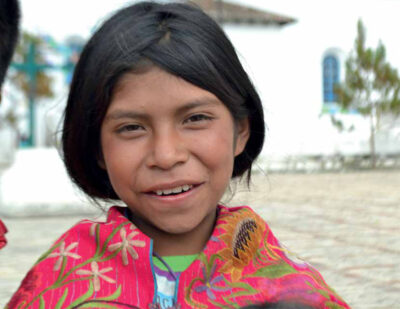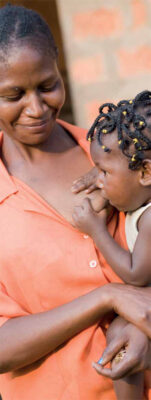

That nutritional status influences infection is well-known. Infectious diseases and nutrition have always been intricately linked to each other. However, some recently acquired insights in this field are not yet commonly known. This edition of MTb therefore highlights key points on the interaction between nutrition and infectious disease as we wish to raise awareness of how this affects millions of people worldwide. There is especially a need for more attention to nutrition in infection disease research. This theme was inspired by the course given at VU University under the same name...
That nutritional status influences infection is well-known. Infectious diseases and nutrition have always been intricately linked to each other. However, some recently acquired insights in this field are not yet commonly known. This edition of MTb therefore highlights key points on the interaction between nutrition and infectious disease as we wish to raise awareness of how this affects millions of people worldwide. There is especially a need for more attention to nutrition in infection disease research. This theme was inspired by the course given at VU University under the same name Nutrition and Infectious Disease originally taught by parasitologist Maiza Campos Ponce and Colleen Doak, nutritional epidemiologist and guest editor of this MTb. The course integrates two lines of research and exposes students to the complex inter-relationships between nutrition and infectious disease. Other relationships are rather straightforward, for example that good nutrition is important to a healthy immune system and that infections can increase nutritional requirements and contribute to undernutrition. In the past decades, we have gained a better understanding of the complexities through research, in particular into the biological interactions between nutrition and infectious disease. The articles that we present here reflect current issues and emerging patterns in nutrition and infectious disease. They cover a range of topics related to the complex biological interactions between nutrition and immune function, including vitamin A supplementation, iron metabolism and breast milk. Two articles describe and analyse global patterns, including the emergence of HIV/AIDS and how it interacts with nutritional deficiencies, and the ongoing global epidemic of overweight and obesity. These two patterns have contributed to changes in population health that have also changed the dynamics of the relationship between nutrition and infectious disease. Many countries are experiencing a double or triple burden of disease, in which infectious disease and undernutrition – including micronutrient deficiency – co-exist with overweight and obesity. The phenomenon of undernourished children living in the same household as overweight or obese adults has been well documented as a global pattern that reflects the convergence of infectious disease, undernutrition and overweight/obesity in conditions of poverty. The paper on maternal vaccination and breast milk antibodies shows that there are ways to enhance the immunity of newborns, providing an extra reason to promote breastfeeding. Enjoy your reading!
Colleen Doak
Annefleur Langedijk





















































